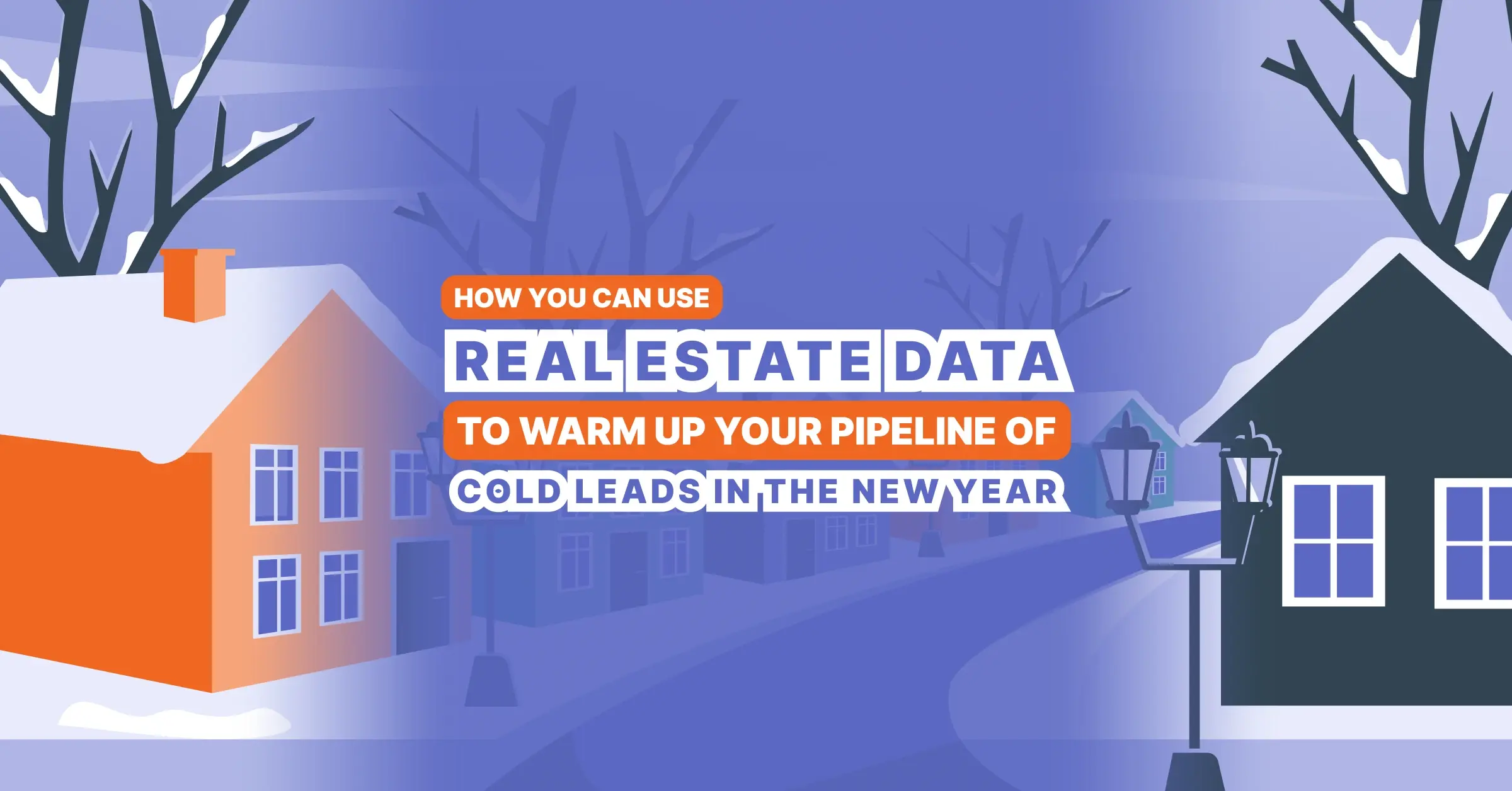|
Key takeaways:
|
When it comes to buying or selling a house, many of your clients might be shocked to find out how many fees and extra costs are involved. As an agent, your role is to help them know exactly what to expect, giving them even more reasons to trust your real estate expertise and work with you again.
Below, we walk through 16 unexpected seller and buyer costs so you can easily discuss them with your clients.
Table of Contents |
Seller Costs
During the stress of a sale, homeowners may forget about essential expenses, such as marketing and closing costs, that they’ll incur before and at closing. Here’s a closer look.
Before the Sale
1. Home Repairs: Repairs needed to get a house ready for sale could be as simple as fixing a broken door hinge or as complex as replacing a damaged roof. After taking a good look around the house, try to give the seller an idea of what needs to be done or advise them to hire an inspector.
2. Staging or Deep Cleaning: To make a listing stand out more, sellers may want to stage their home so it looks more inviting. They should also consider doing a deep clean or hiring a professional house cleaner, which could cost a few hundred dollars.
At Closing
3. Agent Commissions: Traditionally, sellers are expected to pay for agent commissions, which generally amount to about 6% of the sale price. However, in strong seller markets, buyers might offer to pay for one or both agents’ commissions. Listing and buyer agents generally split this fee, although listing agents may get more in some deals.
|
Pro Tip: When discussing agent commissions with your clients, consider emphasizing the value your services bring to the table. |
4. Escrow Fees: The company that sets up the escrow account for the transaction charges a fee for opening and maintaining the account, usually 1-2% of the home price. Buyers and sellers typically split this expense.
5. Title Transfer Tax: This is a one-time fee that the state or county charges to legally transfer property ownership.
6. HOA Transfer Fees and Dues: HOAs for condos, co-ops, and planned communities often charge to transfer a property’s ownership records. This fee covers administrative tasks like running credit reports and processing documents. Sellers will also need to pay any HOA dues owed for the portion of the year they lived in the house.
7. Remaining Mortgage: At closing, the seller’s outstanding balance on their current mortgage is taken from the sale proceeds to pay off the loan.
8. Home Warranty: Some sellers offer to pay for a home warranty, especially in a buyer’s market. Unlike home insurance, which protects against property damage and loss, a warranty covers appliance repairs and replacements for the first year.
Buyer Costs
.png?width=1252&height=834&name=sold%20(1).png)
The true cost of buying a home goes beyond the list price. Consider walking your buyer clients through the expenses listed below so they’re mentally and financially prepared before making a bid.
Before the Sale
9. Earnest Money Deposit: Once a contract is signed, the buyer often needs to pay an earnest money deposit, which is a percentage of the down payment that sits in an escrow account until closing. Not all transactions require an earnest money deposit, but offering one can show sellers that your client is serious.
10. Home Inspection: Before signing a contract, most buyers hire a professional home inspector to ensure there are no serious or unexpected defects. This can cost around $300 to $400, depending on the location.
11. Appraisal Fees: Before approving a loan, lenders require a professional appraisal of the home’s value to ensure they’re not overpaying for it. Some require buyers to pay this fee upfront, while other lenders lump it into the closing costs.
Related: Appraised vs. Market Value: What's the Difference?
At Closing
As mentioned above, buyers are expected to split the escrow fee with sellers. And if the seller doesn’t offer to pay for a home warranty, buyers may want to purchase a policy themselves. In addition to these potential expenses, buyers should prepare for the following closing costs.
12. Loan Origination Fees: Origination fees cover the lender’s expenses in processing the loan, such as running a credit check, underwriting the loan, and other administrative tasks.
13. Title-Related Costs: Buyers often pay for the title search as well as the lender’s and owner’s title insurance. (Although in some areas, sellers pay for the owner’s title insurance.) Title insurance protects homeowners and lenders from legal disputes about property ownership.
14. Prepaid Property Taxes and Insurance: At closing, buyers typically pay for property taxes and home insurance for the rest of the year. These funds go into an escrow account, which the lender pulls from to pay these bills on the buyer’s behalf.
Try PropStream for 7 Days Free!
15. Survey Fees: Lenders typically require a survey of the home and lot to determine its boundaries and measurements. According to HomeAdvisor, the average survey cost is $543.
After the Sale
16. Moving Costs: At the very least, most buyers rent a moving truck to transport their belongings, which can cost around $100 or less per day. If they’re moving out of state or are very busy, they might even hire a moving company, which can cost several hundred to a few thousand dollars.
Now That You Know What Fees to Advise Clients On, Use PropStream To Find Your Next Listing or Buyer!
Explaining to your clients the unexpected expenses that come with buying and selling can help build trust and position you as an expert.
But before you can educate clients, you need to find them. Try using PropStream’s robust real estate software to generate leads and follow up until they become lifelong clients.
Try PropStream for 7 Days Free—Enjoy 50 Complimentary Leads!
Subscribe To PropStream's Newsletter



